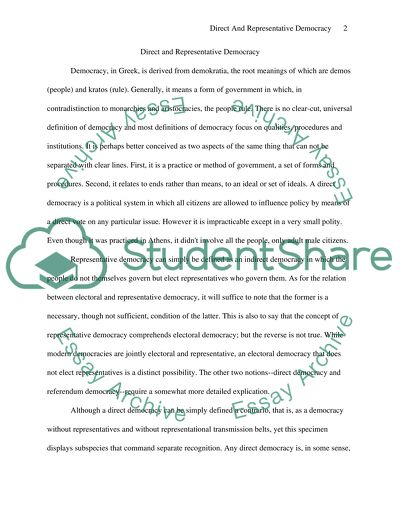Cite this document
(“Political ideas, under international relations Coursework”, n.d.)
Retrieved from https://studentshare.org/finance-accounting/1408814-political-ideas-under-international-relations
Retrieved from https://studentshare.org/finance-accounting/1408814-political-ideas-under-international-relations
(Political Ideas, under International Relations Coursework)
https://studentshare.org/finance-accounting/1408814-political-ideas-under-international-relations.
https://studentshare.org/finance-accounting/1408814-political-ideas-under-international-relations.
“Political Ideas, under International Relations Coursework”, n.d. https://studentshare.org/finance-accounting/1408814-political-ideas-under-international-relations.


